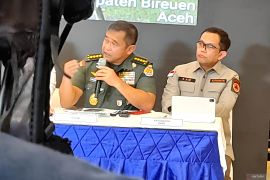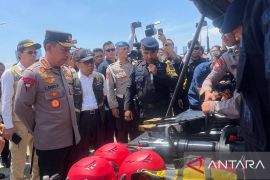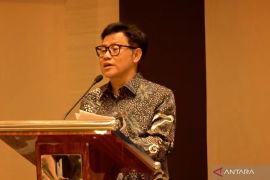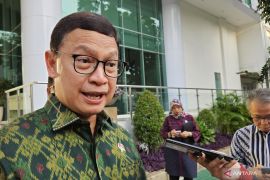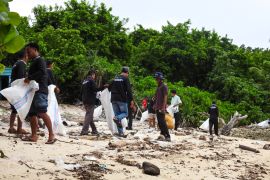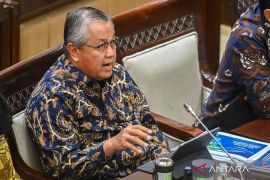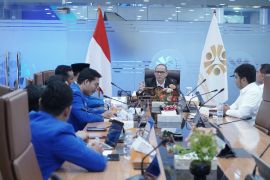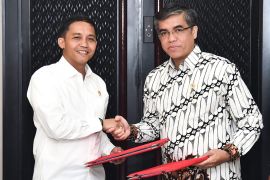Therefore, the Indonesian government hopes that the families of the victims and the people will lay their trust on it to liberate the hostages.
"Every action will have risks. If efforts are made through negotiations, they would have risks where the hostage takers would repeat their actions. If negotiations are not used, it could have risks in the form of loss of lives. Hence, which options are going to be taken? The people should know these things. There is no step that is free of risk," the vice president noted on Tuesday.
Kalla explained that the Indonesian government and the company, which owns the fishing vessel, had, so far, adopted a tolerant approach to secure the release of its citizens in the hostage-taking incident, which had occurred successively in the waters of the Philippines and Malaysia this year.
However, the Indonesian government had adopted a persuasive approach merely for the safety of the hostages, who are believed to be abducted by the Abu Sayyaf extremist group.
The persuasive approach, among others, involves communicating with the relevant parties in different ways.
"It turned out that tolerance will lead to another kidnapping incident in future. However, I want to stress here that every action taken will have associated risks," the vice president explained.
Three Indonesian citizens were held hostage by the Abu Sayyaf extremist group in the Malaysian waters on July 9, 2016. The Indonesians abducted by the Philippine separatists were 34-year-old Lorence Koten, 42-year-old Teodorus Kopong, and 40-year-old Emanuel.
According to information provided by the fishing ships owner, Chia Tong Len, the group chose to abduct Indonesian citizens. They specifically kidnapped sailors, who possessed Indonesian passports.
This led to a public perception that the abductors had deliberately targeted Indonesian citizens since the countrys government was more likely to pay a ransom to secure the release of the hostages.
"President Joko Widodo has urged to prioritize the safety of the hostages, but the governments of Indonesia and the Philippines do not want to shell out any ransom payment," Indonesian Defense Forces Commander General Gatot Nurmantyo remarked on Monday.
Indonesian Foreign Minister Retno L.P. Marsudi has reiterated that the Indonesian government will not support any ransom-paying policy, although it would give priority to the safety of the hostages.
The hostage-taking occurred on July 9 at 11:30 p.m. local time, aboard a Malaysian-flagged trawler LLD113/5/F in the Felda Sahabat waters, Tungku, Lahad Datu, Sabah State, Malaysia.
Of the vessels seven crew members, three, all Indonesians, were kidnapped, while four others were released.
The vessels owner reported the incident to the Lahad Datu Police on July 10. According to information, they were ambushed by five armed men aboard a speed boat, the minister noted.
The three hostages were reportedly taken to Tawi-tawi, South Philippines.
The ministry has coordinated with the Indonesian embassies in Kuala Lumpur and Manila, as well as the consulates in Tawau and Davao, to closely monitor the developments.
Since March this year, Indonesia has faced four hostage-taking incidents, mostly in the waters of southern Philippines, with the two earlier crises ending peacefully as 14 Indonesians were released safely.
Ten Indonesian boat crew members were released on May 1 after being held hostage by the Abu Sayyaf group since March 26, 2016, while four others, held captive since April 15, 2016, were set free by the same group on May 11.
In the third crisis, seven Indonesian ship crew members of Tugboat Charles 001 and Barge Robby 152 were abducted in two incidents, with the first occurring on June 20, 2016, at 11:30 a.m. local time and another at 12:45 p.m. local time in the Sulu Sea while on their way back from the Philippines after delivering their cargo of coal.(*)
Editor: Heru Purwanto
Copyright © ANTARA 2016
